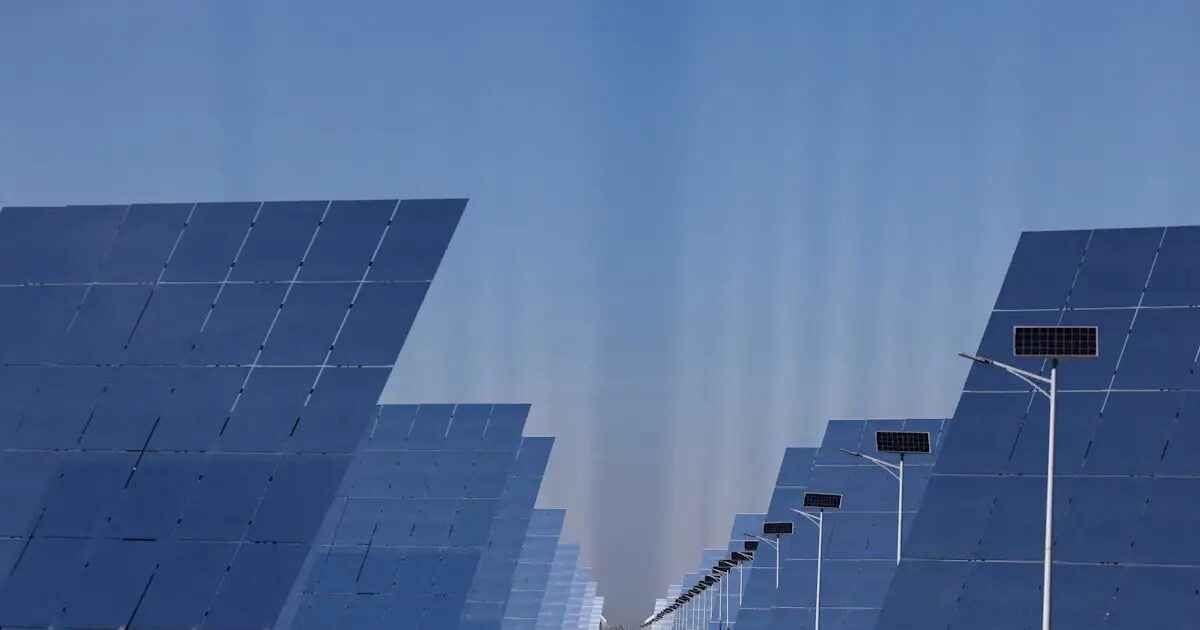Procedures that can lead to a few months in imposing sectors of customs dictatorial In drones and materials essential for the construction of photovoltaic frames, move the US Department of Commerceaccording to yesterday’s (14.7.2025) announcement.
In both cases, the ministry began to conduct public research and consultation from 1 July 2025, the first stage to decide whether or not to have special duties.
In particular, unmanned aerial vehicles that are remotely pilot (UAVs or drones) and its polycrystallic silicon and by -products, used to produce photovoltaic frames and semiconductors.
These procedures are announced in the context of provision 232, a provision for US law that allows the government to protect areas of activity by imposing customs duties if it considers it a risk to US national security.
Customs duties imposed on imported steel and imported aluminum, as well as procedures that have begun for semiconductors and medicinal products, also in view of the imposition of customs duties, have the same basis.
The US is among the main producers of drones in the world, as well as China and Israel, while other countries, such as Turkey, Iran, Russia and – in recent years – Ukraine, have developed models comparatively low -cost for military use, which are increasingly used in battlefields, according to battlefields.
Chinese industries, such as DJI, is also among the most important producers of political drones.
In China, more than 90% of polycrystallic silicon was produced worldwide in 2024, according to consulting company Thunder Said Energy. Not exactly a small part of Chinese production comes from the Sinjiang area, where Beijing is accused of incorporation of more than one million members of the Uigurian Muslim minority – a criticism of the Chinese government.
Public research and consultation is expected to last 21 days after the publication of the relevant decisions in the official Government Gazette.
The US Department of Commerce will have 270 days to complete its own research, which may include the contribution of other government services and hearings, before submitting its recommendations to US President Donald Trump, who will eventually decide whether or not they will be imposed.
